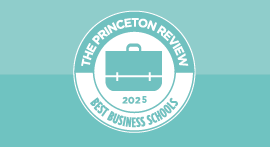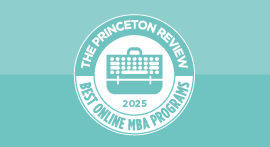About
Contact & Visit
Admissions Office Contact
100 S. Grant Street
West Lafayette, IN 47907-2076
United States
Admissions
Overview
Test Scores
School Type And Accreditation
Selectivity Rating
Academics
Academics
Program Types
Faculty Information
Concentrations
Economics
Human Resources
Finance
Information Systems/Information Technology
International Business
Marketing
MS/MBA - Dual Degree
Organizational Behavior
Supply Chain Management
Specialized Masters
Analytics and Information Management
Business Administration
Economics
Finance
Human Resources
Marketing
Supply Chain Management
Certificate Programs
Data Analytics
Marketing
Supply Chain Management
Center for Research
International Business
Supply Chain Management




